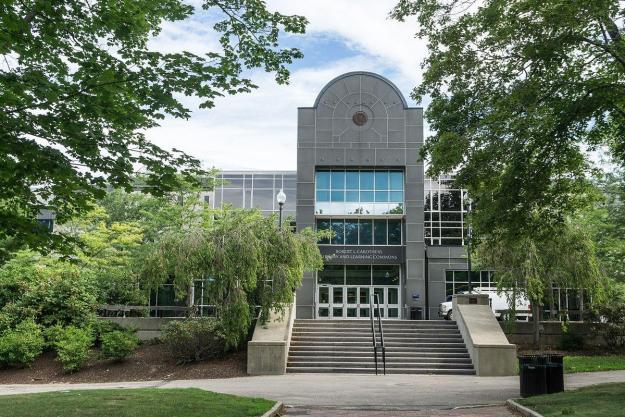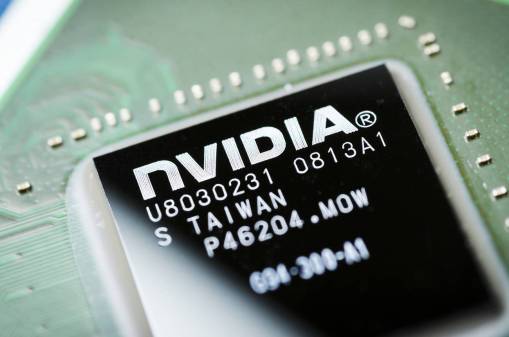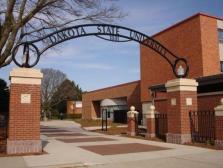University of Rhode Island readies for ‘first of its kind’ artificial intelligence lab

The University of Rhode Island is launching an artificial intelligence laboratory that officials say will be the first in the world to be located within an academic library, with the intention of sparking broader discussions about the role of AI in society.
“Typically, [AI labs go] in a computer science or computer engineering department, but this is the first AI lab in a library worldwide — that’s the difference. It has to be different in the sense it’s a forum to discuss things,” Karim Boughida, Dean of University Libraries at URI, told EdScoop.
The grant-funded, $143,065 AI lab will be open to all students and faculty on the first floor of the university’s Robert L. Carothers Library. It represents the latest, albeit more novel, approach among research universities in the U.S. or abroad to educate the campus community on the ethical, technological and social consequences of AI.
The library will also house adjacent technology- and software-focused makerspaces and design-thinking labs, creating a multidisciplinary environment that’s rare in dedicated academic buildings, Boughida said.
According to Boughida, an Nvidia supercomputer will serve as the centerpiece of the lab, which will be zoned off into three sections — workspaces, project benches and a collaboration hub.
The eight workspaces will allow students and faculty to try out different exercises using the Nvidia supercomputer, to educate them on basic concepts in AI. After gaining familiarity with the exercises, they will be able to transition to the project benches, where small robots, IoT kits, big data troves and other software tools will be at their disposal to practice AI integration.
Students will also have access to a physical model of Rhode Island to develop algorithms for the lighting, traffic, transit and parking systems of actual cities.
The lab will place special emphasis, however, on the nontechnical side of AI development. Workshops and conferences dedicated to the emerging technology will be held as non-academic events, while teachers from every department will be encouraged to spend a class period tinkering inside the lab.
“You cannot solve this by just having one computer scientist or robotics expert — you have to have different people tackling this important problem” of how to integrate AI into society, Boughida said.
“This is why we’re expecting to raise awareness among professors and teachers that maybe, they need to change their curriculum, upgrade it or whatever,” he said. It’s also why he believes it’s important not to house and staff the lab in a single academic department.
The university hasn’t established any stand-alone courses surrounding the lab yet, but certification and credentialing different skills in AI are possibilities in the future.
The goal is to give the students creating and collaborating a deeper understanding of the technology beyond simply fostering technical prowess.
“You’re not here just to program, you have to be aware of your biases, the biases of others and the biases in the data,” Boughida said. “Many people who are engineers say ‘oh, that’s not my problem, I just program.’”
Boughida also noted that the lab will be useful for humanities students looking to learn new technical skills — and that he sees it as a “trojan horse” to starting a conversation within academia as a whole about the emerging technology.




